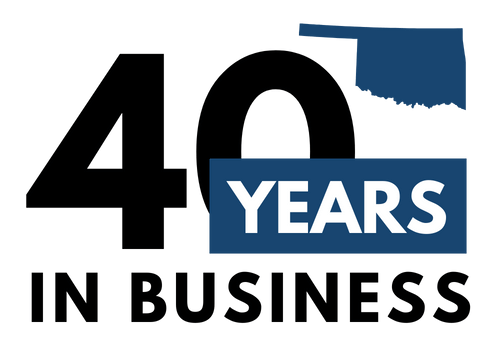
In a significant development highlighting the growing issue of VOIP-related fraud, an Oklahoma couple and a New Jersey man have pleaded guilty to their roles in a phone scheme that defrauded numerous victims. The case, investigated by federal authorities, underscores the vulnerabilities associated with Voice Over Internet Protocol (VOIP) technology, often exploited by fraudsters for illicit activities.
The defendants admitted to orchestrating a sophisticated VOIP scam involving the selling of unauthorized Avaya Direct International (ADI) software licenses. These licenses were used to unlock features of a popular telephone system used by thousands of companies around the world, prosecutors said. They used advanced VOIP systems to mask their identities and locations, making it challenging for authorities to trace the fraudulent activities back to them. This case is a stark reminder of the potential for fraud in the digital age, particularly involving VOIP services that are frequently utilized for both legitimate and nefarious purposes.
According to court documents, the scheme involved making hundreds of phone calls to unsuspecting individuals, convincing them to provide personal information and make payments under false pretenses. The culprits used VOIP technology to spoof phone numbers, creating the illusion that the calls were coming from trusted sources.
The ADI software licensing system has since been decommissioned, according to court documents. New Jersey-based Avaya Holdings Corp., a multinational business communications company, sold a product called IP Office, a telephone system used by midsize and small businesses in the United States and around the globe.
The plea agreements include significant penalties and restitution for the victims, who suffered financial losses due to the fraudulent activities. Authorities are urging the public to be vigilant and cautious when receiving unsolicited phone calls, especially those that request personal information or payment.
This case not only highlights the dangers associated with VOIP fraud but also the importance of enhanced security measures to protect against such schemes. It serves as a critical warning to both individuals and businesses to adopt robust fraud detection and prevention strategies when using VOIP technology.
For more details, you can read the original article here.



